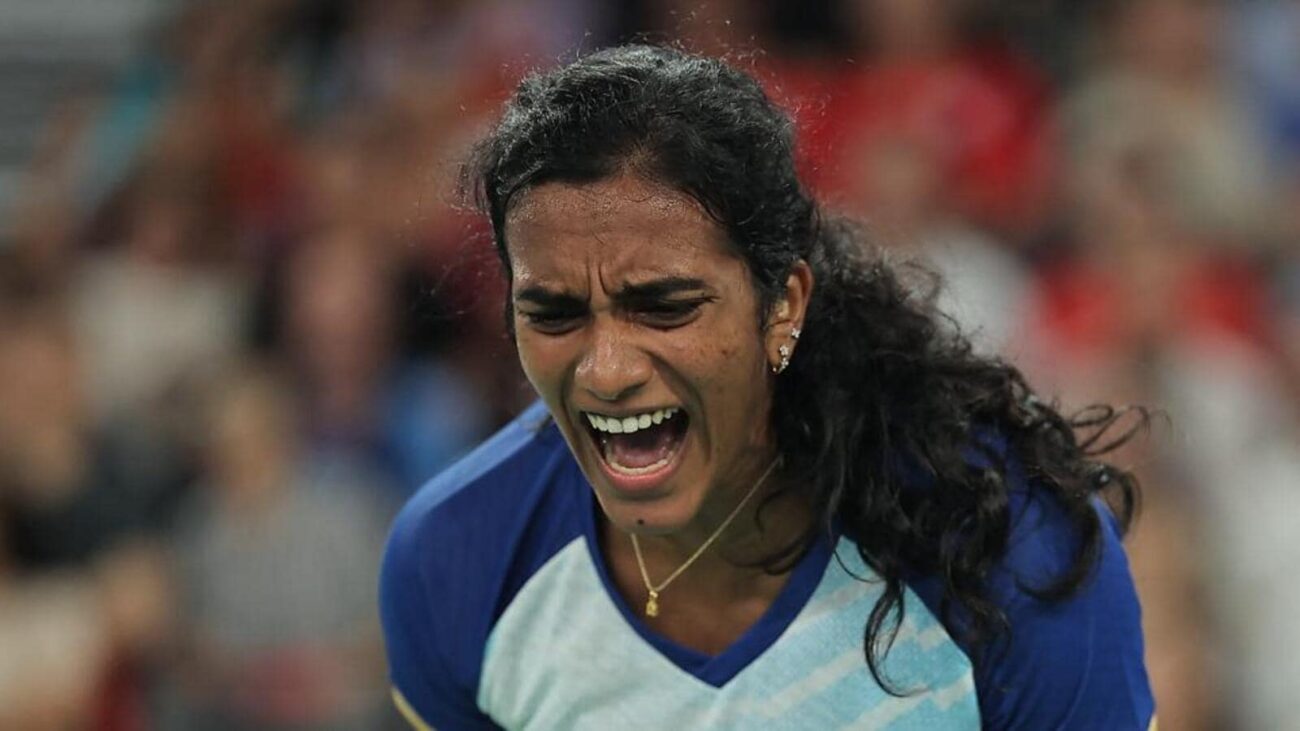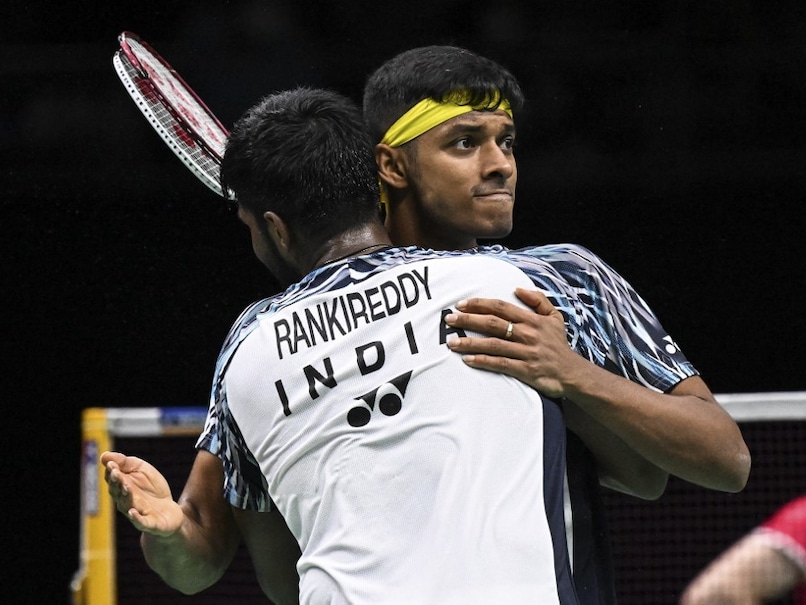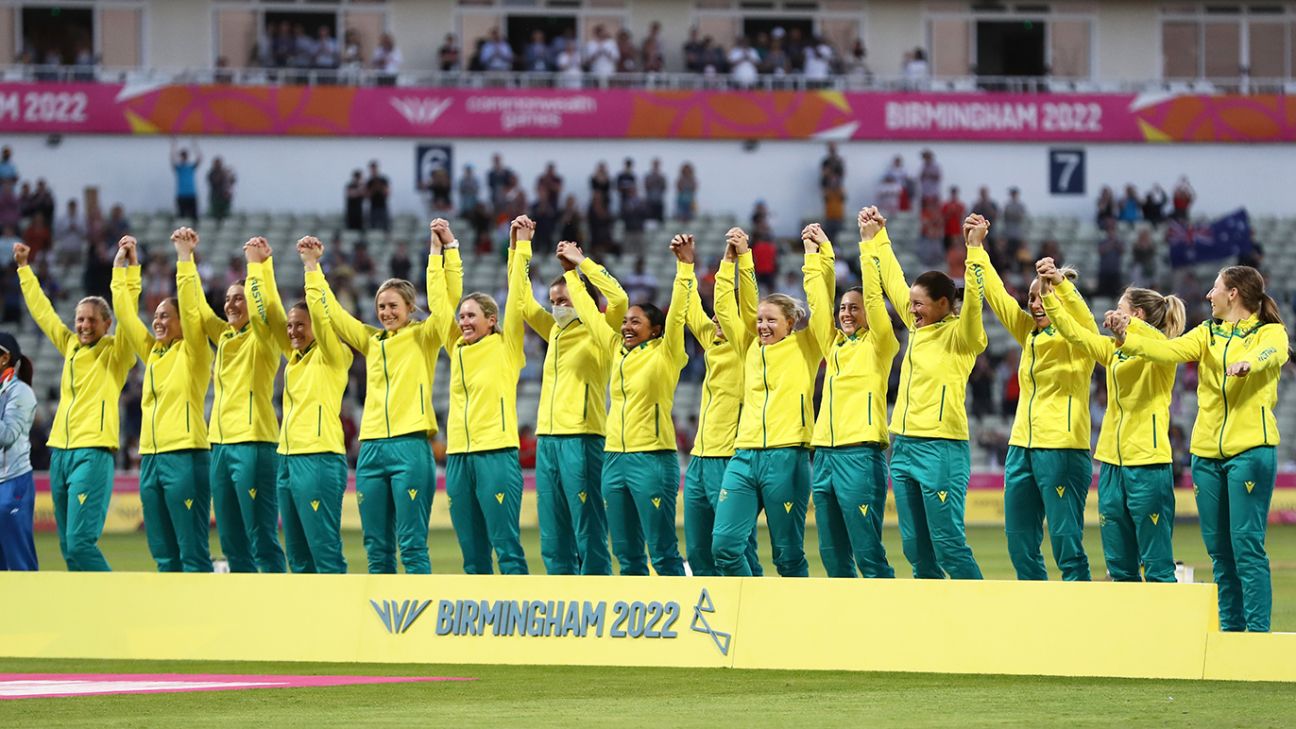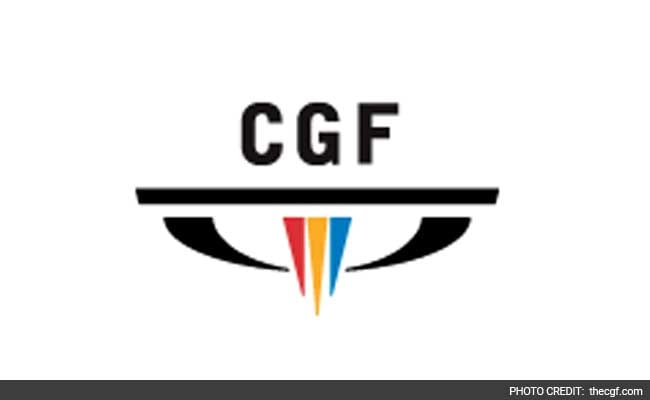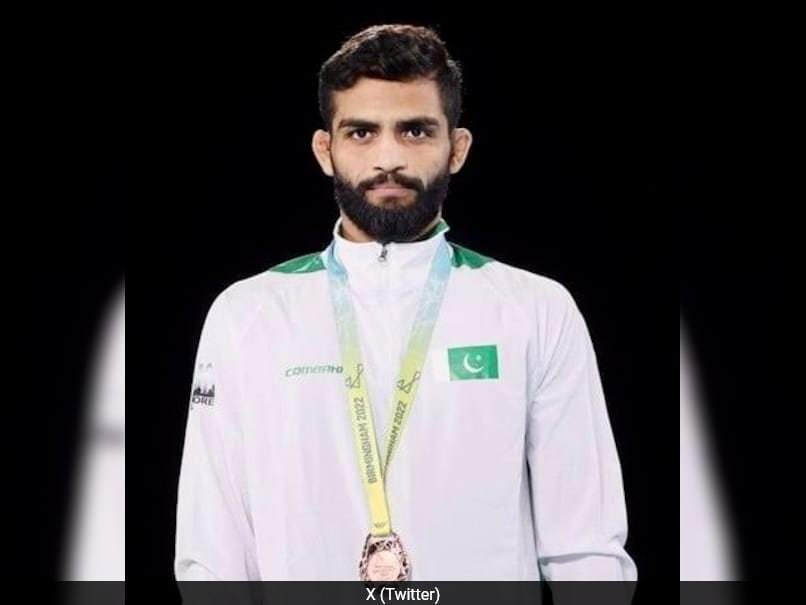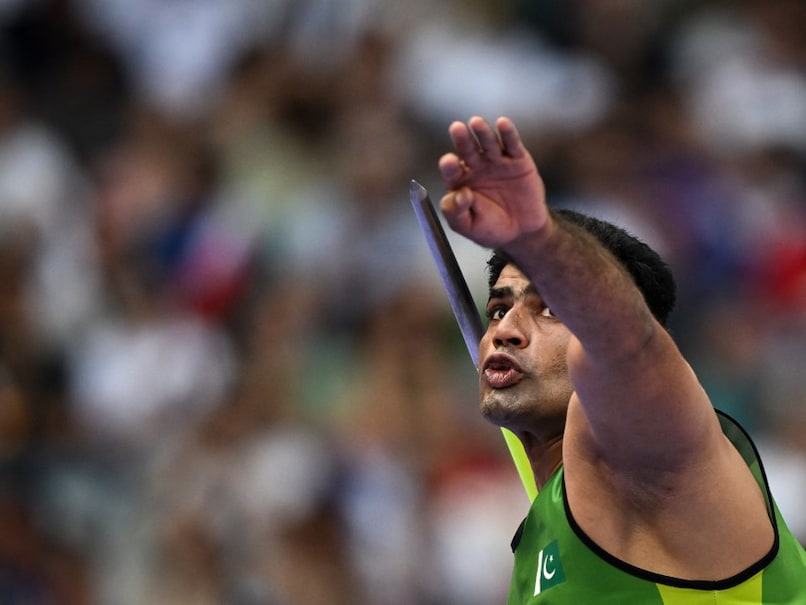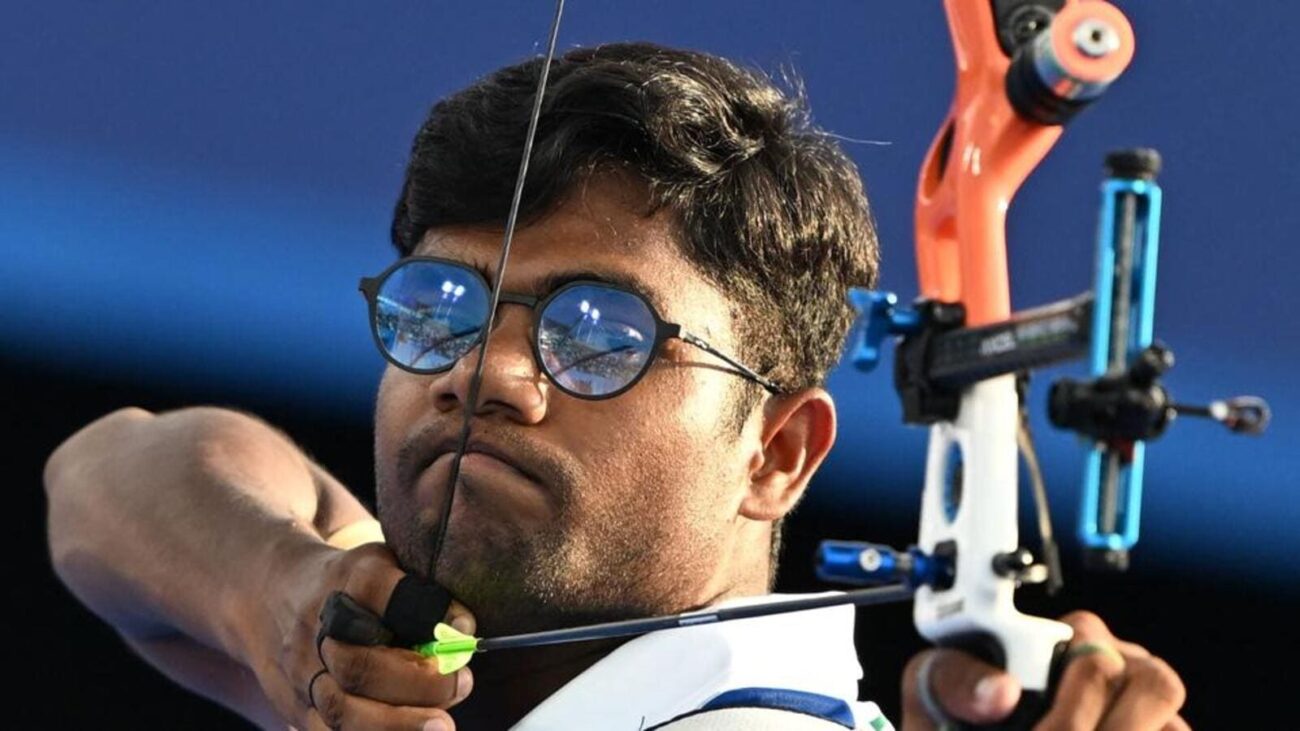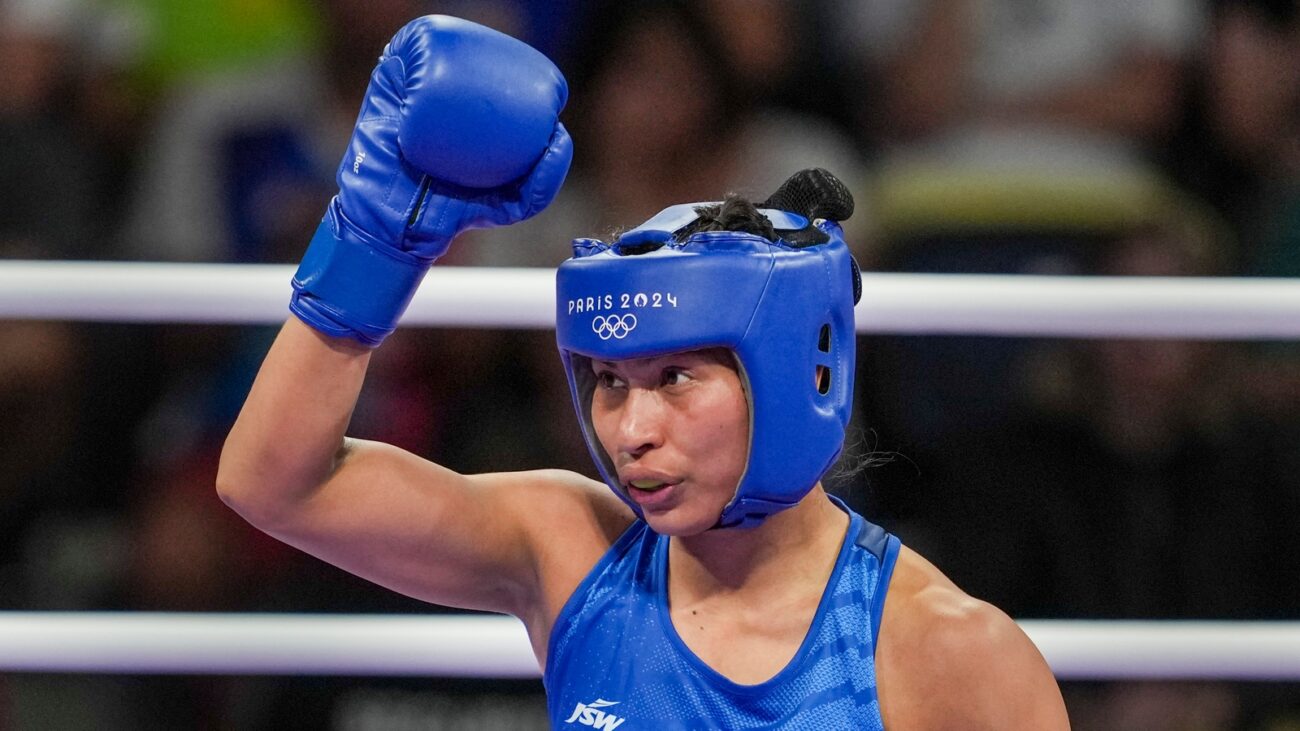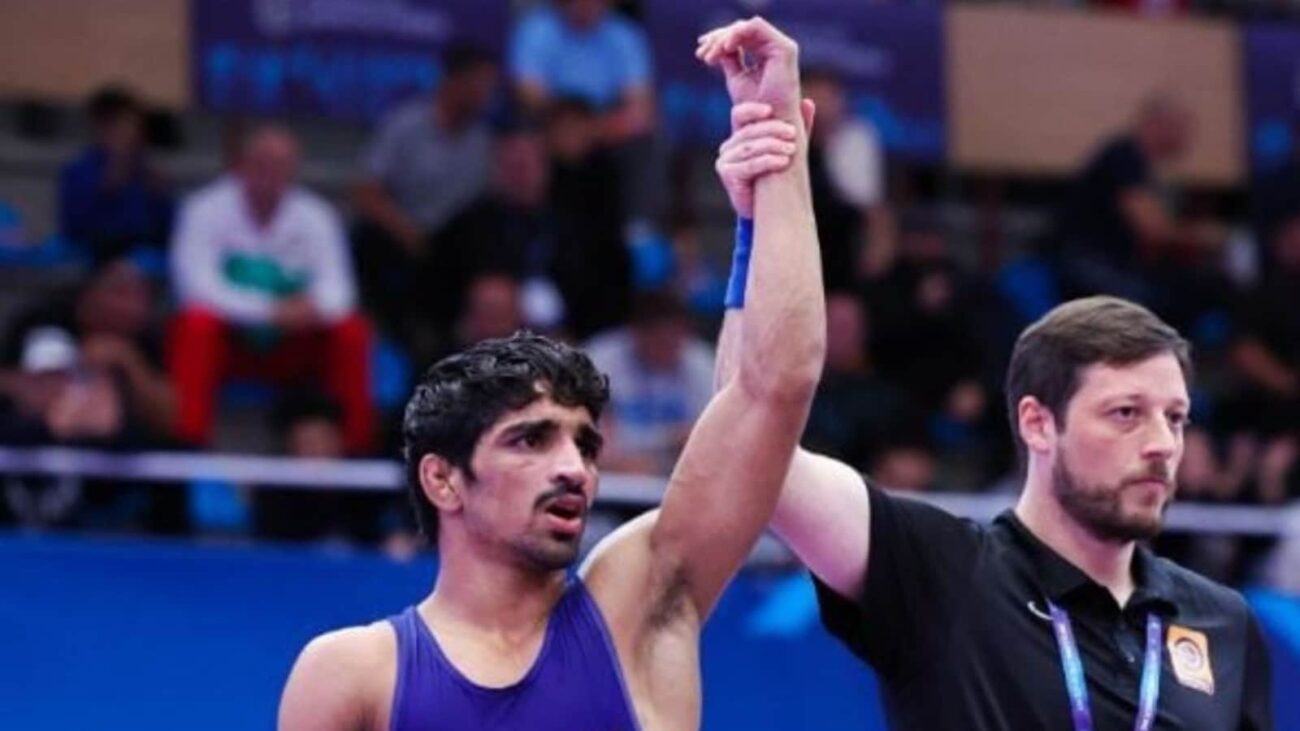India Considers Moving Beyond Commonwealth Games After Sports Cuts
The recent decision to trim the 2026 Commonwealth Games (CWG) has sparked a debate within the Indian sporting community. With six sports axed from the event, including wrestling, table tennis, badminton, hockey, squash, and cricket, India has lost a significant medal-winning opportunity. However, this has also raised questions about the relevance of the CWG for India, given the declining level of competition and the increasing availability of world-class tournaments.
Former India hockey captain and CEO of Olympic Gold Quest, Viren Rasquinha, believes it’s time for India to move beyond the CWG. “In several sports, India has outgrown the CWG, where the level of competition has been deteriorating,” he said. “We should aim higher and focus on tournaments that will give us more clarity on where we truly stand in terms of the Olympics.”
This point is supported by the fact that in four of the six axed sports that were part of the 2024 Paris Games, India won 27 medals at the Birmingham CWG, but only two in Paris. This suggests that the CWG is no longer a reliable testing ground for these sports.
Additionally, many Indian athletes are now competing in world-class tournaments such as the World Championships, World Cups, Asian Championships, and Asian Games. The volume of global tournaments has increased significantly, providing Indian athletes with ample opportunities to showcase their skills.
“Every sport has now got a vibrant circuit at the world stage,” said former India badminton player and national coach, U Vimal Kumar. “I would prefer for India to focus more on other events now.”
While the CWG may have served as a launchpad for budding athletes in the past, there are now other tournaments that can fulfill this role. The Asian Games, which is held in the same year as the CWG, is a more relevant event for India, as it doubles up as an Olympic qualifying event in several sports.
“We can focus better, and invest better, towards preparing for the Asian Games,” said Vimal Kumar. “Forget about CWG.”
In conclusion, while the trimmed CWG may be a disappointment for some, it presents an opportunity for India to reassess its priorities and focus on tournaments that will truly help its athletes achieve Olympic success.

